1 / 8
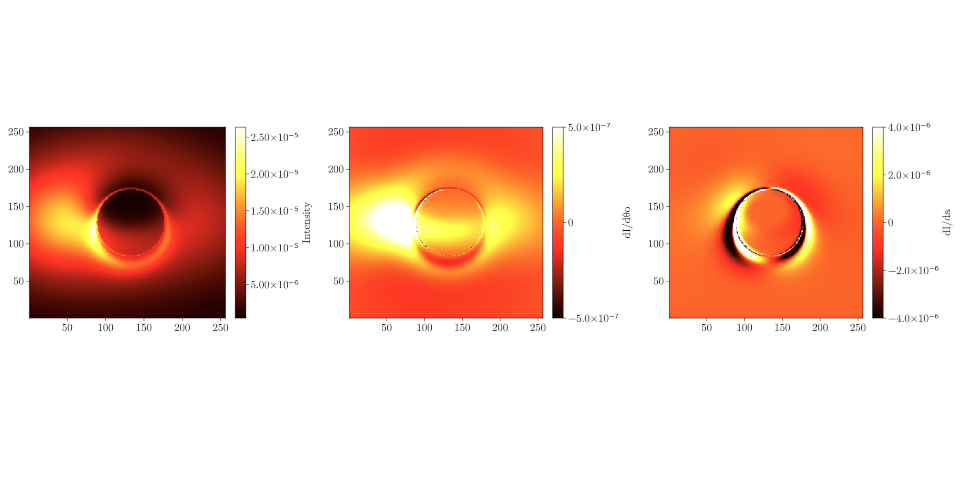
2 / 8
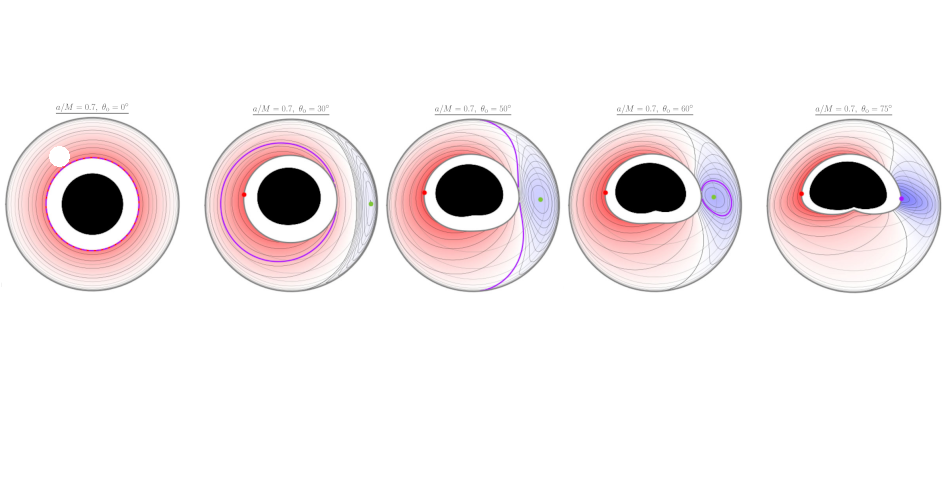
3 / 8
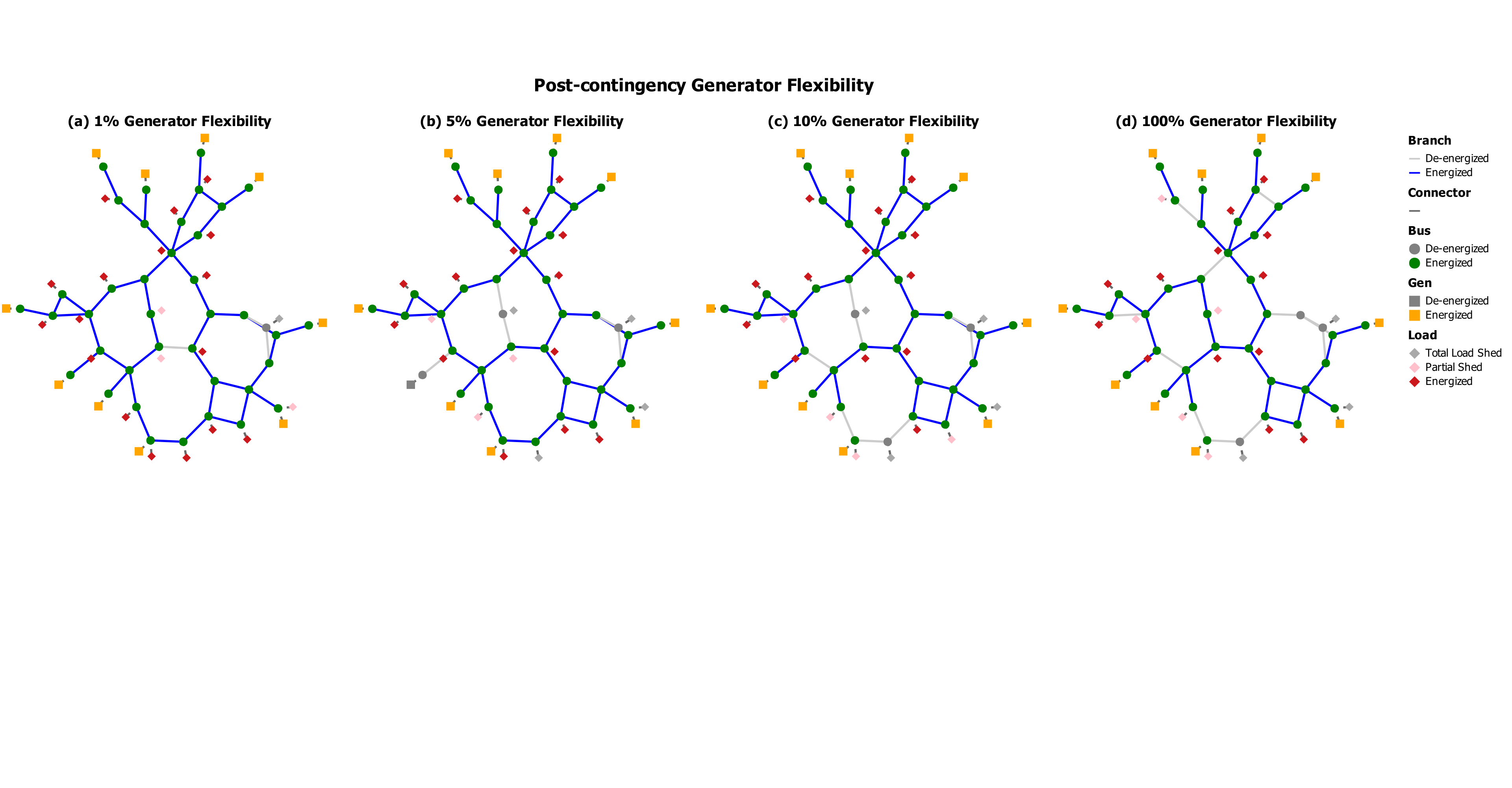
4 / 8

5 / 8

Machine learning soft matter dynamics
Charlie Young
6 / 8

7 / 8
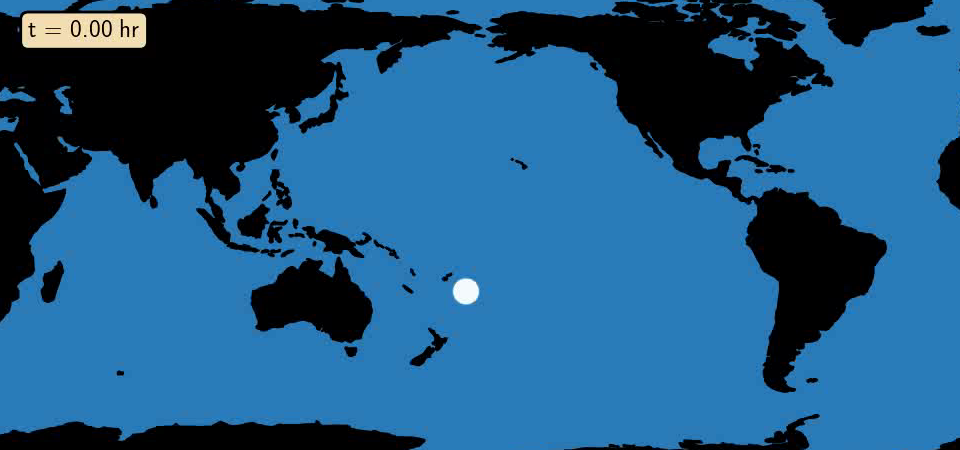
Tsunami modeling
Shane Coffing
8/ 8
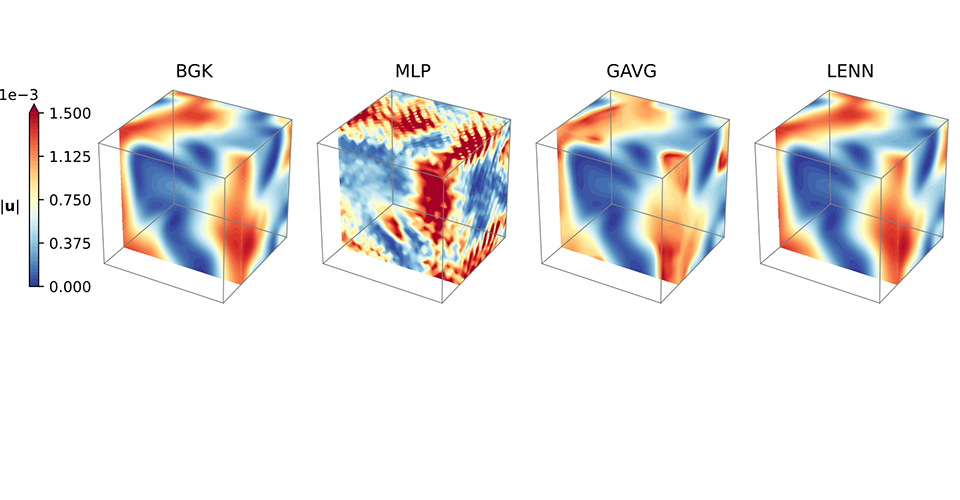
|
What is CNLS?
The Center for Nonlinear Studies (CNLS) is part of the Laboratory's Theoretical Division, and it organizes research related to
nonlinear and complex systems phenomena. CNLS was formed in October of 1980.
CNLS Mission Statement
- Identify and study complex nonlinear phenomena using a diverse set of research approaches and methodologies, particularly those of statistical physics, nonlinear science, applied mathematics and numerical simulation.
- Promote the use of scientific results in applied research.
- Stimulate the formation of interdisciplinary approaches to complex problems.
- Facilitate the interchange of scientific results and ideas between Laboratory scientists and external centers of excellence.
- Encourage the exploration of new scientific frontiers at the interface between conventional disciplines.
- Support a broad spectrum of interdisciplinary science that underpins the Laboratory's mission in national security.
Calendar Items
Events
Visitors
- Arriving to CNLS this week:
- Arriving to CNLS next week:
- Click to see all Visitors
Featured News
Recent Arrivals
|
| |
|
 |
|
 |
|





